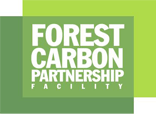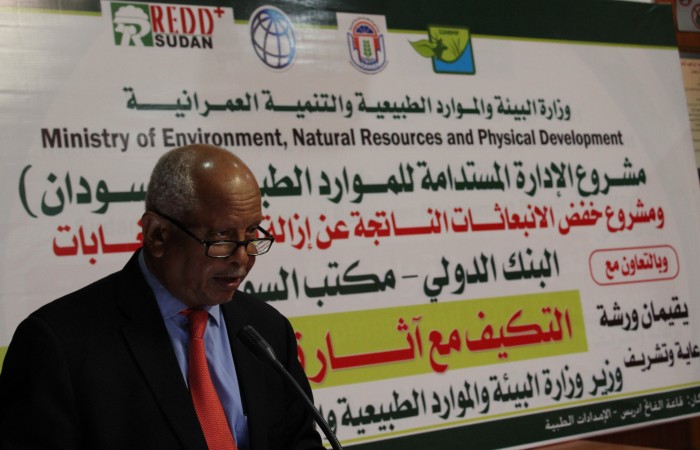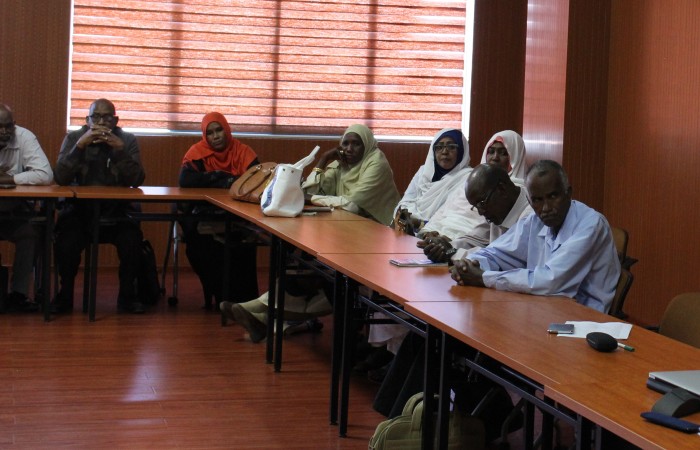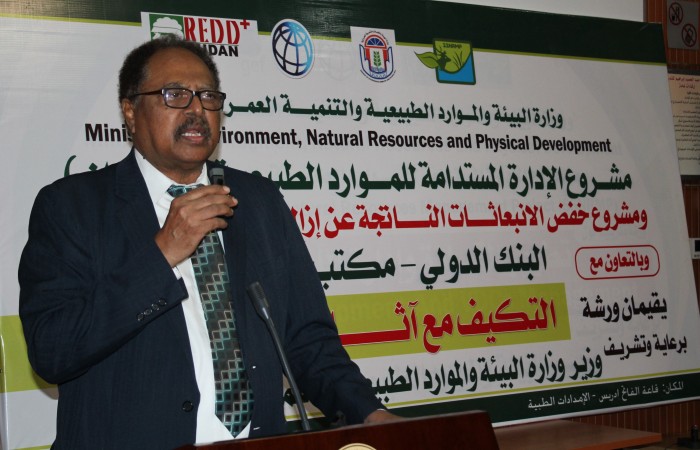Training Workshop on Climate Change
17-22 Dec. 2017
This training workshop Organized by the work Bank and in collaboration with REDD+ programme, this workshop lead by Prof. Elfatih Althir . and facilitated by Dr. Mudather Zaroug.
the workshop attended by representatives from REDD+ Focal points from four states, Representatives, from Sudan Sustainable Natural Resources Management Project. Representatives from all line Ministries; Ministry of Minerals, Agriculture &forestry, Wildlife, Range and pasture , Oil and gas and irrigation and electricity, and focal points related to Sustainable Natural Resources Management Project.
REDD+ Programme like to thanks the world bank to organizing this training workshop, and thanks for all support to the government of Sudan. REDD+ extend thanks and Welcome to Dr. Alfatih Altahir in very important event today on climate change training workshop, during 17-21 Dec. 2017, to raise the capacity building of the technical staff from all of above mentioned institutions.
As most of you know that the climate changes is hot issues now a days, and Our planet is warmer now than at any point in the past 650,000 years ago. This warming is caused by a build-up of carbon dioxide and other greenhouse gases in our atmosphere. The gases trap heat by forming a blanket around the Earth – like the glass of a greenhouse. These gases stay in the atmosphere for many years. And as they build up, the planet’s temperature rises. A warmer world leads to a more extreme climate – with more severe droughts, floods and storms
Greenhouse gases build up in the atmosphere mainly due to the burning of fossil fuels – coal, oil and gas – and by cutting down forests. Greenhouse-gas levels have rocketed in the last 100 years
The latest climate change science show through the Intergovernmental Panel on Climate Change (IPCC) releases updates reflected that;
There is over 95% certainty that human influence is the dominant factor in warming since the mid 20th century. Climate change impacts are happening now and are increasing in severity and likelihood – from floods in Asia and Europe to droughts in Africa and hurricanes in the USA.
Climate change is already displacing millions of the world's poorest people. And it's affecting people here in the Sudan also Global action on climate change. Having already hit over 1°C of warming, the best we can aim for now is 1.5°C. This is the aim of the 2015 Paris Agreement, which 160 countries including Sudan have officially signed and committed to meet. There are many actions started in Sudan such as REDD+ with World Bank under the Ministry of Agriculture, SSNRMP under the Ministry of Environment , carbon sequestration project also under the Ministry of Agriculture,
How do we stop dangerous climate change?
Two of the biggest solutions are being far more efficient in how we use energy, and moving from coal, oil and gas to 100% renewable energy as fast as possible.
The good news is that this is starting to happen, and is accelerating fast. Renewable electricity costs have plummeted in the last few years, and the amount of wind and solar power is rocketing, all over the world.
The task is urgent – it is what happens between now and 2030 that overwhelmingly determines whether we can keep to 1.5°C, and save as many lives and livelihoods as possible.
Change needs to happen quickly. But it has to be done in a fair way. Rich countries like the Japan, UK, Norway and etc.. must lead the way, also have a responsibility to help poorer countries adapt to climate change, and cope with.
 English
English العربية
العربية 











